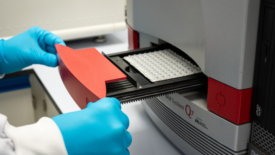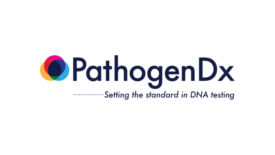Testing & Analysis
Chemicals of Concern: The Social and Regulatory Evolution of the Baby Food Category
Changes in regulatory policy and guidance are on the horizon for heavy metals in baby food
August 8, 2023
Keeping Listeria on the Run: Implementing an Effective Monitoring Program
A good Listeria monitoring program enables knowledge of where Listeria can enter, harbor, and move through the facility
August 7, 2023
Beyond the Total Plate Count: Metagenomic Applications for Meat and Poultry Processors
Advances in next-generation sequencing have allowed for an understanding of the microbial inhabitants that make up the microbiome in ways that culture-based techniques are limited
August 7, 2023
BIZTRACKS
Hygiena Announces New U.S. Patent for SalQuant Salmonella Quantification
July 26, 2023
BIZTRACKS
Spectacular Labs to Unveil Automated Pathogen Testing System at IAFP 2023
July 12, 2023
Never miss the latest news and trends driving the food safety industry
eNewsletter | Website | eMagazine
JOIN TODAY!Copyright ©2025. All Rights Reserved BNP Media.
Design, CMS, Hosting & Web Development :: ePublishing










